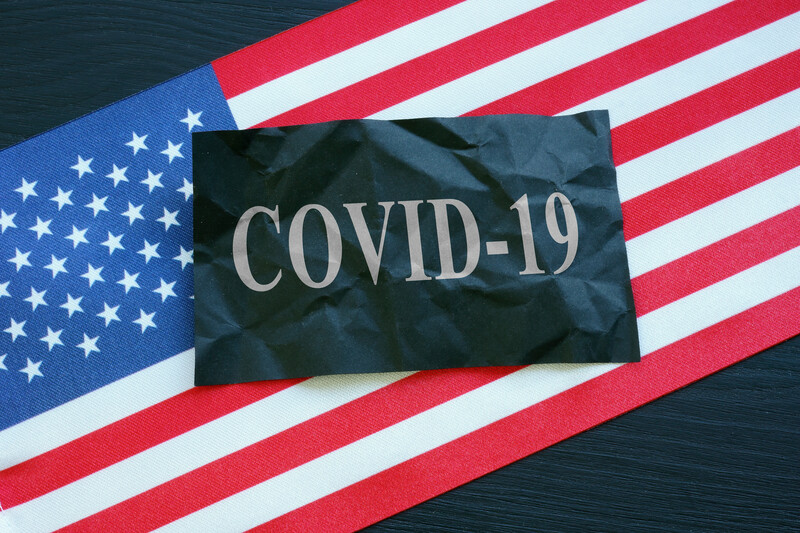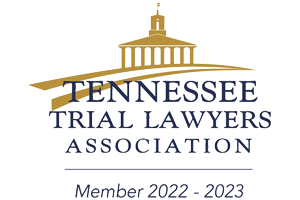- Contact Us Now: (615) 490-6020 Tap Here to Call Us
Coronavirus and Immigration–What You Must Know About Presidential Proclamation

As part of the response to the 2019 Novel Coronavirus (COVID-19), on April 22, 2020, the President issued a Proclamation Suspending Entry of Immigrants Who Present Risk to the U.S. Labor Market During the Economic Recovery Following the COVID-19 Outbreak (the “Proclamation”). The Proclamation, which is effective April 23, 2020, for a period of sixty (60) days, does significantly impact immigration for many individuals currently outside of the United States and seeking entry into the country on a permanent basis. Nevertheless, the Proclamation also has many exceptions, and it appears likely that the Proclamation will not ultimately prevent the majority of individuals seeking lawful permanent residency in the United States from obtaining green cards.
Generally, the Proclamation suspends and limits the entry of individuals who are not United States citizens or lawful permanent residents into the United States. Importantly, however, the Proclamation only applies to individuals who: (1) are outside the United States on April 23, 2020; (2) do not have an immigrant visa that is valid on April 23, 2020; and (3) do not have an official travel document other than a visa (i.e., an advance parole document, re-entry permit, or other official travel document) that is valid on April 23, 2020, or issued on any date after April 23, 2020, and permits the individual to travel to the United States and seek entry or admission.
Moreover, the general suspension and limitation on entry contained in the Proclamation has several exceptions and does not apply to several categories of individuals. Individuals falling within any of these exceptions will not be denied entry into the United States as immigrants due to the Proclamation. Specifically, the Proclamation does not apply to individuals falling into any of the following categories: (1) any lawful permanent resident of the United States; (2) any individual seeking to enter the United States on an immigrant visa as a physician, nurse, or other healthcare professional, or to perform work essential to combating or recovering from the COVID-19 outbreak (including any spouse and unmarried children under 21 years old of any such individual(s)); (3) any individual applying for an EB-5 Investor Visa; (4) any individual who is the spouse of a United States citizen; (5) any individual who is a child of a United States citizen and under the age of 21; and (6) any member of the United States Armed Forces and any spouse and children of a member of the United States Armed Forces. In addition, the Proclamation contains exceptions for certain individuals designated by the Secretary of State or the Secretary of Homeland Security as being important to the furtherance of certain law enforcement objectives or whose entry would be in the national interest.
As a result, individuals who are already inside the United States and who are seeking to apply for lawful permanent residency should still be able to obtain a green card even with the new restrictions imposed by the Proclamation. Furthermore, the Proclamation authorizes consular officers to determine whether the restrictions contained in the Proclamation apply to any particular individual seeking entry into the United States as an immigrant. If a consular officer determines that the restrictions within the Proclamation do not apply to a particular individual, then that individual can still be admitted to the United States as an immigrant.
Additionally, the Proclamation does not apply to individuals seeking entry to the United States as nonimmigrants (i.e., individuals admitted to the United States for a specific, temporary period of time). Therefore, seasonal workers, tourists, and other individuals seeking entry into the United States on a temporary basis are not impacted by the Proclamation.
While the full extent of the legal impact of the Proclamation remains unclear, and court challenges to the Proclamation’s enforcement are possible, the Proclamation is currently set to expire by its own terms on June 23, 2020. It is possible that the Proclamation could be extended beyond June 23, 2020, (or extended in a modified form), and the Proclamation directs the Secretary of Homeland Security, in consultation with the Secretary of State and the Secretary of Labor, to provide a recommendation to the President no later than June 13, 2020, as to whether the Proclamation should be modified or extended.
If you think the Proclamation may impact you or a loved one, you should seek the legal advice of a knowledgeable immigration attorney immediately. During these uncertain times, it is more important than ever to seek the assistance of a professional and learn what your options are in the ever-changing world of Immigration Law. Contact a Nashville immigration attorney with Cole Law Group at 615-490-6020 to schedule a consultation and learn about whether you could be eligible for a green card.
ABOUT THE AUTHOR: Andy Goldstein
Andy Goldstein is an Associate Attorney and leads our Immigration Law team at Cole Law Group. He is a graduate of Belmont University College of Law and is admitted to practice in Tennessee state courts, the United States Court of Appeals for the Sixth Circuit, and the Immigration Courts of the Executive Office for Immigration Review (EOIR). Andy focuses his practice in the areas of Immigration Law and Family Law. Cole Law Group clients benefit from Andy’s passion for the law and dedication to serving them well.
Disclaimer: While every effort has been made to ensure the accuracy of this publication, it is not intended to provide legal advice as individual situations will differ and should be discussed with an expert and/or lawyer. For specific technical or legal advice on the information provided and related topics, please contact the author.















